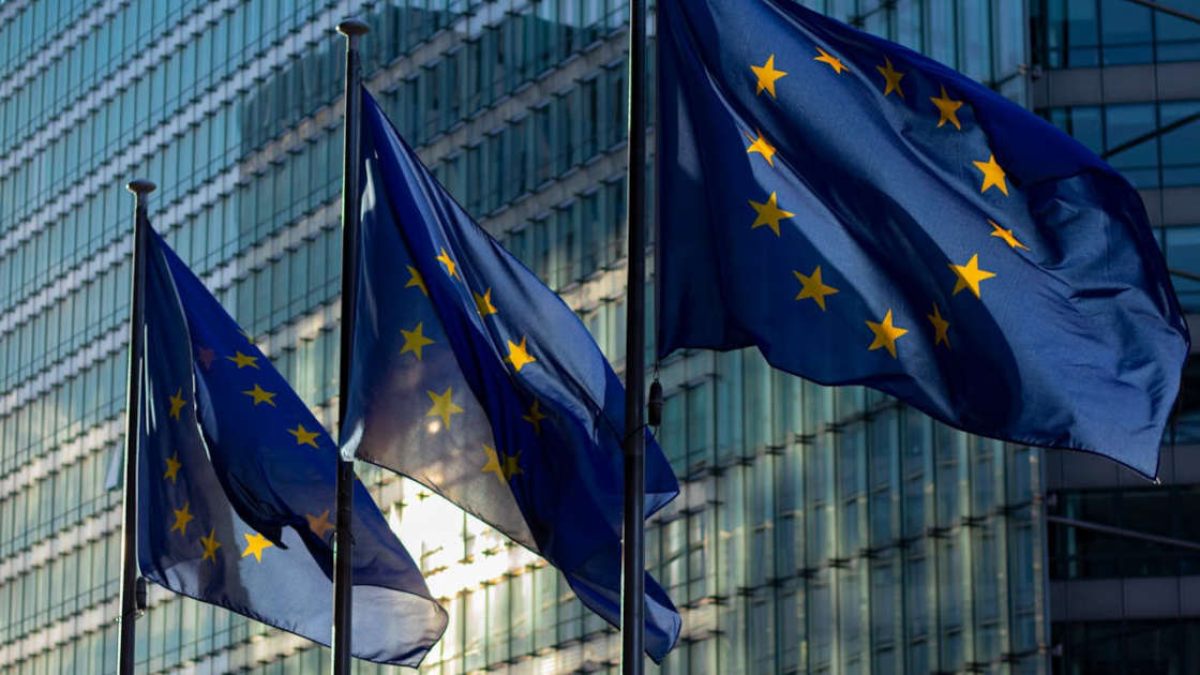South Korea is set to join the expanding network of nations connected to Horizon Europe, the European Union's flagship program for research and innovation.
Iliana Ivanova, the EU Commissioner responsible for Innovation, Research, Culture, Education, and Youth, along with Lee Jong Ho, the South Korean Minister for Science and ICT, have successfully wrapped up discussions regarding South Korea's integration. This development signifies a crucial step forward in strengthening cooperative efforts in research and innovation.
The formal Association Agreement is slated for signing in the latter half of 2024, pending the completion of requisite ratification processes by both parties. This will pave the way for South Korea's active participation in Horizon Europe starting from 2025.
Upon ratification, South Korean researchers and entities will become eligible for funding through Horizon Europe’s Pillar II from 2025. This segment of the program, boasting a budget of €53.5 billion, focuses on collaboration in addressing global challenges such as climate change, energy, the digital economy, and health. South Korea's financial contributions as an Associated Country will be allocated specifically to support South Korean researchers within Horizon Europe.
In light of joining Horizon Europe, the South Korean government will intensify efforts to ensure the active involvement of South Korean researchers in the program. This effort will include enhanced support for the preparation of joint research projects with European Union researchers before the announcement of project calls.
Horizon Europe is the EU's biggest research and innovation program, with a €95.5 billion budget for 2021-2027. It's open to the world, letting organizations from any country participate in most proposal calls. Countries associated with the program get extra chances for collaboration and the same access to funds as EU countries.
This seven-year program follows Horizon 2020 and earlier research initiatives by the EU. The European Commission has planned to increase the EU's science budget by 50% for 2021-2027, making Horizon Europe a significant step up from its predecessors.




